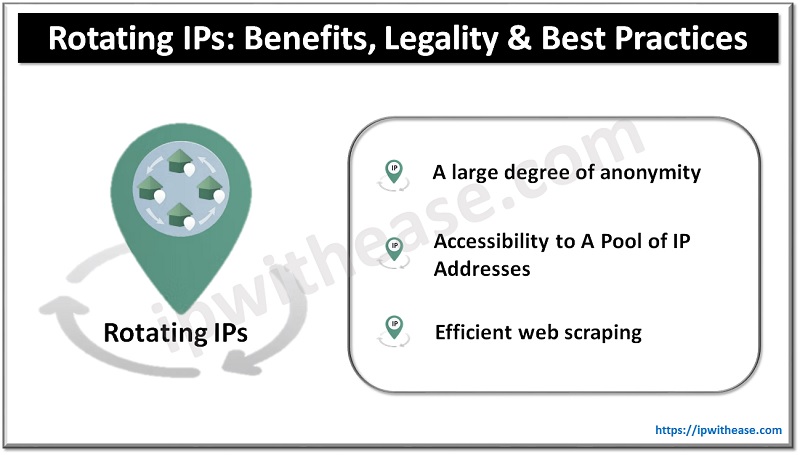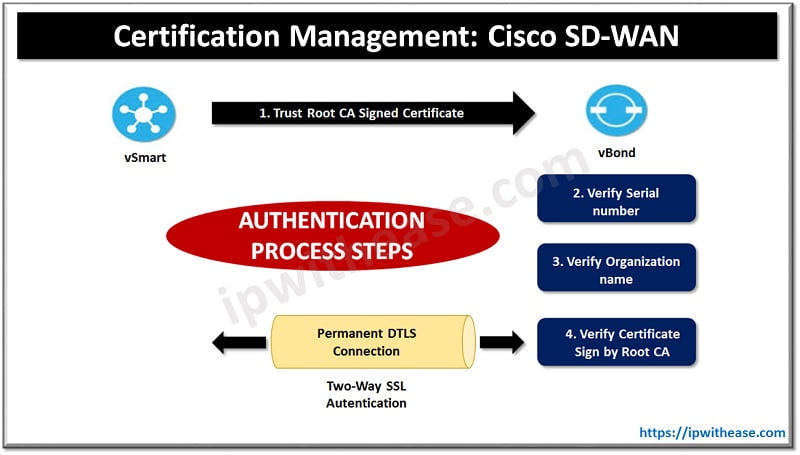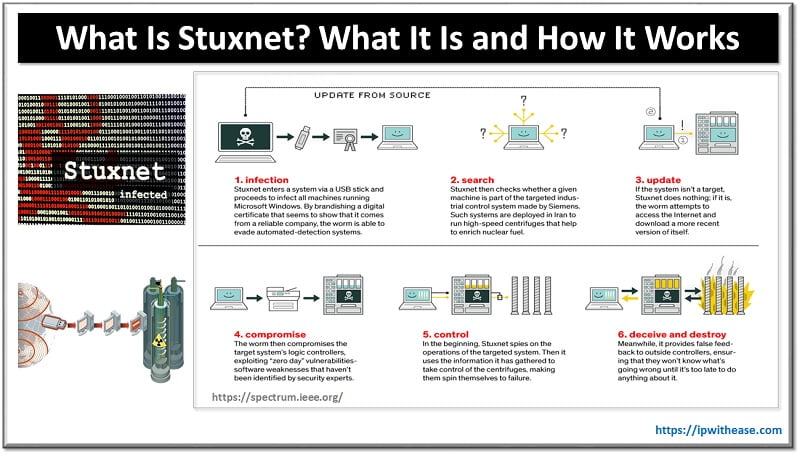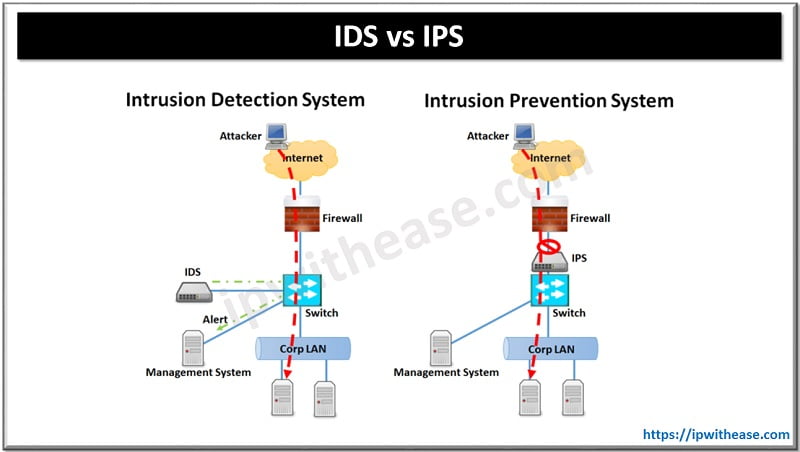Table of Contents
One of the essential worries we have in this day and age is maintaining our privacy and safety online. Every company, even the common user, should think about how to preserve their privacy online. Utilizing rotating residential IPs is one method for doing this, allowing you to protect your online identity. This article will discuss rotating IPs in detail.
What is a Rotating Proxy?
The websites you’re aiming for are accessed through a changing proxy. Every time you send a request, a new IP address is given to your computer, which is how it operates. Because they include multiple IP addresses, rotating proxies set themselves apart from other types.
You can access the pages using numerous identities if, for example, you are gathering extensive data from various websites. Selecting your service provider, obtaining your IP addresses, and deciding how frequently you want to update your IP addresses are all required.
Utilizing many IP addresses while conducting business provides good anonymity. Web crawling, scraping, and any other study that scales digital marketing activities are all made easier by rotating proxies. The IP addresses’ ability to identify various locales is even better. By doing so, you get beyond most geographic constraints and provide more possibilities for global expansion.
Related: VPN vs Proxy
Use cases for Rotating Proxies/Rotating IPs
There are numerous characteristics of rotating proxy servers, all of which are related to three fundamental use cases:
IP masking
The use of rotating proxies elevates IP masking. Every time you connect to the internet or seek access to website material, they give you a new IP address to hide yours. They are ideal for sending several concurrent HTTP requests due to their automated IP rotation for each connection.
Setting up fast connections
The majority of rotating proxy servers create quick internet connections, some of which can approach 1 Gbps. These techniques are perfect for expediting data transfers and reducing operating costs because many suppliers also give limitless bandwidth. Even quicker speeds and better, error-free performance are guaranteed by rotating proxies that use the SOCKS5 internet protocol for TCP connections.
End-to-end security
The finest proxy servers offer complete encryption and transform HTTP connections into HTTPS ones. Rotating proxies protect you from fraudsters by changing your IP address frequently in addition to encrypting your traffic.

Benefits of using Rotating Proxies
Let’s delve deeper into these tools’ benefits.
A large degree of anonymity
Although every proxy server hides your IP address, they might not offer total privacy. Due to the random IPs that they use for each connection, rotating proxies prevent this from happening. Rather than selecting one IP from their server network, they pull several from homes or data centers.
This keeps your private information safe from prying eyes and makes it nearly impossible to track your online activity. You don’t need to be concerned that unauthorized people may intercept your data transmissions to conduct business.
Efficient web scraping
Rotating proxies are being used by businesses more frequently for web scraping since they allow them to send hundreds of HTTP queries at once to get the required data. Other proxy servers would be unable to accomplish this due to websites’ per-IP address request restrictions.
The best way to get around geo-restrictions is to rotate your IP for each connection. You can use it to carry out operations such as software testing, competitive analysis, market research, and others.
Accessibility To A Pool Of IP Addresses
It is possible to visit the same website’s other pages more than once. The website owner may become suspicious if they see your IP address pop up more than once. The use of a single IP address may potentially result in the blocking of your requests.
Because rotating proxies frequently change their IP addresses, using them is a sure bet. Your actual IP address cannot be tracked; thus, your online activity stays anonymous.
What type of proxies can be rotated?
Datacenter and home proxy are the two main categories of proxy used for rotation. Datacenter Proxy utilizes a new datacenter proxy server for every connection request.
The advantage of residential proxies is that they may provide residential IPs for each connection request. Internet service providers are the owners of residential IP addresses, which are assigned to specific residential addresses.
Is it legal?
Using a proxy to access a website’s HTML and data is entirely lawful in the vast majority of nations. There are no legal restrictions on private individuals using or owning proxy services to send requests to websites using IP addresses other than their computers.
However, there are some circumstances in which using a proxy may be against the law in your specific country if you’re doing so to access a website that your country has blocked. This is especially true in some nations where internet censorship is the norm. In these circumstances, it’s possible that your government has outlawed the use of proxies or access to a specific website.
Conclusion
In particular, if you rely on online scraping to conduct competitive analysis, price optimization, or market expansion, rotating proxy servers are excellent tools to have in your digital business toolbox.
People can still use them, despite this, of course. Users can benefit from high levels of online anonymity and data protection, as well as access to geo-restricted content.
Continue Reading:
Forward Proxy vs Reverse Proxy: Understand the difference
ABOUT THE AUTHOR
IPwithease is aimed at sharing knowledge across varied domains like Network, Security, Virtualization, Software, Wireless, etc.



